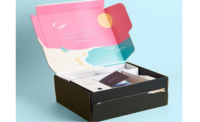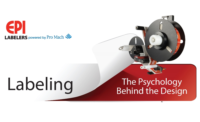Colors are everywhere. They can affect our perceptions and the way we react to the world around us. Our brains respond to specific colors differently, and this can influence our mood, behavior and decision-making.
In the world of business and marketing, color psychology plays an important role that goes beyond perception. The team behind DesignAdvisor illustrated this in a detailed infographic.
The psychology of color has the power to increase conversion rates and establish brand identity. When it comes to branding, the right choice of color can help a brand to stand out from a highly competitive market. Take a look at some of the ways that brands have benefited from implementing color psychology.
Forging a Visual Identity
It is apparent in the way many prominent and popular brands use color to make themselves distinguishable — think about Coca-Cola, McDonald’s, or PayPal.
Each of them has distinct colors that define their brand and sets them apart from their competitors. It is not as easy as it may seem since branding takes more than just picking the brightest and boldest color in the hopes of grabbing the attention of your target market. There is more complex logic behind making good color choices.
Red is the color of excitement, so it is understandably a common choice in food, technology, and transport industries. Blue, on the other hand, can communicate security and trust, which is why it is popular in the health care, finance, and energy sectors.
Attracting Your Target Audience
Brands can make use of color to appeal to specific audiences. People react differently to colors; some prefer white and abhor red while others always fall for blue and avoid yellow. Color preferences can be influenced by gender, age and cultural background.
Generally, soft colors like pink and turquoise are attractive to most women. Men choose bolder colors such as blue, green, and black. When it comes to age, bright colors appeal to young audiences while the older generation prefers cooler shades.
Branding is a tricky aspect of marketing. It requires careful consideration of important elements that can make or break your identity. Discover more about the use of color psychology for improving your brand and winning more customers in the infographic below.






